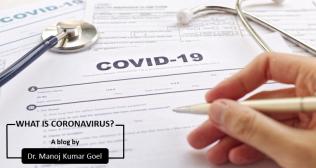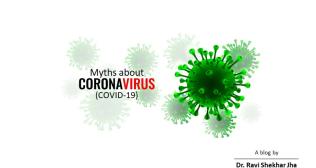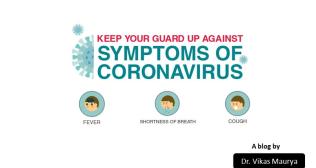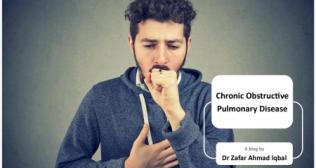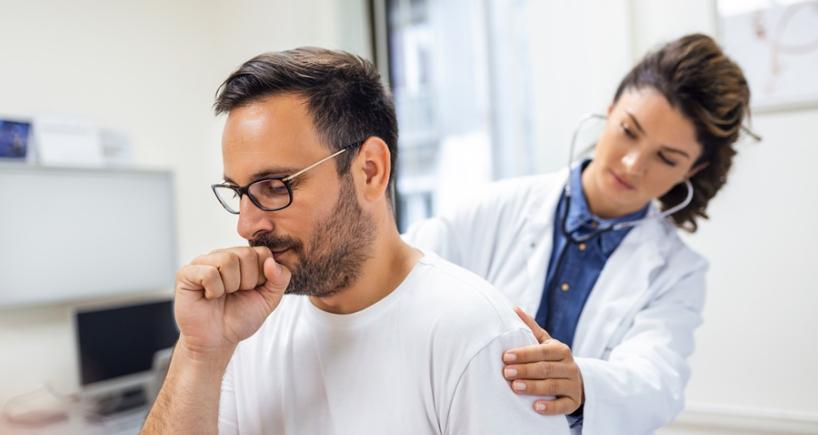
Insight into Pneumonia: Notable Signs and Symptoms
Introduction
Pneumonia is a common respiratory infection in the lungs that affects many people, making their lung tissue swell and filling the lungs with fluid or pus. It can range from mild to severe and affects either one lung or both. By understanding the different types, symptoms, diagnoses, and treatment options, individuals can take proactive steps to reduce their risk of the condition and seek timely medical care. With proper management, most cases of pneumonia can be successfully treated, leading to a full recovery and improved respiratory health.
Pneumonia stems from various infectious agents. Streptococcus pneumoniae, Haemophilus influenzae, and Mycoplasma pneumoniae are the culprits behind bacterial pneumonia, while viral pneumonia is caused by influenza viruses, respiratory syncytial virus (RSV), and coronaviruses like SARS-CoV-2. Bacterial pneumonia is more severe than viral pneumonia, which often resolves independently. Pneumocystis jirovecii is responsible for fungal pneumonia.
The primary type of pneumonia is determined by the causative agent, mode of acquisition, and health conditions.
Types of Pneumonia
- Community-Acquired Pneumonia (CAP): It refers to an infection acquired outside of a hospital or healthcare setting caused by bacteria, viruses, or fungi.
- Hospital-Acquired Pneumonia (HAP): Nosocomial pneumonia develops during a hospital stay due to antibiotic-resistant bacteria.
- Aspiration Pneumonia: This occurs when food, drink, vomit, or saliva are inhaled into the lungs, leading to inflammation and infection.
- Ventilator-Associated Pneumonia (VAP): It occurs in individuals on mechanical ventilation in hospitals when the breathing tube provides a pathway for bacteria to enter the lungs.
- Opportunistic Pneumonia: It affects individuals with weakened immune systems and is caused by organisms that do not infect healthy individuals.
Pneumonia Symptoms
Signs and symptoms of pneumonia depend on factors such as the type of organism causing the infection, the individual’s age, and overall health. They are:
- Fever, chills, or sweating
- Cough, which may produce phlegm or pus
- Shortness of breath and wheezing
- Chest pain while breathing or coughing
- Fatigue and weakness
- Nausea, vomiting, or diarrhea
- Confusion or changes in mental awareness (more common in older adults)
- Headache
- Sore throat
- Enlarged lymph nodes in the neck
- Loss of appetite
- Joint and muscle pain
How is Pneumonia Diagnosed?
During the diagnostic process, the healthcare provider reviews symptoms and medical history to evaluate potential risk factors and exposure to pneumonia-causing agents. A physical examination is conducted to check abnormal breath sounds, and chest X-rays and blood tests are ordered. They help detect inflammation in the lungs and identify the specific organism responsible.
Treatment and Preventive Steps
The treatment approach for pneumonia depends on several factors, including the type of pneumonia, the severity of symptoms, and the individual’s overall health. Treatment strategies may include:
- Antibiotics: If the pneumonia is bacterial, antibiotics can be used.
- Antiviral Medications: These medications are effective for pneumonia caused by certain viruses.
- Antifungal Medications: If a fungus is behind the pneumonia, these medications are prescribed.
- Supportive Care: It includes measures to relieve symptoms and support the body’s immune system, such as fever reducers, cough suppressants, oxygen therapy, or intravenous fluids.
- Hospitalization: In severe cases of pneumonia, hospitalization may be necessary for close monitoring and intravenous administration of medications and fluids.
While it may not be possible to prevent all cases of pneumonia, especially those caused by unavoidable factors, such as aspiration or opportunistic infections, several measures can help reduce the risk:
- Practice good hand hygiene by washing hands frequently with soap and water or using alcohol-based hand sanitizer.
- Avoid proximity with individuals with respiratory infections, like colds or the flu.
- Get vaccinated against common pathogens that can cause pneumonia.
- Avoid active as well as passive smoking.
- Practice oral hygiene and seek treatment for dental problems.
Pneumonia remains a significant respiratory challenge, demanding vigilance in both prevention and treatment. The impact of pneumonia can be minimized through the awareness of its diverse manifestations, timely diagnosis, and appropriate medical intervention. Adhering to preventive measures, such as vaccination and maintaining good hygiene practices, can empower individuals in the battle against this formidable respiratory foe.
Popular Searches :
Hospitals: Cancer Hospital in Delhi | Best Heart Hospital in Delhi | Hospital in Amritsar | Hospital in Ludhiana | Hospitals in Mohali | Hospital in Faridabad | Hospitals in Gurgaon | Best Hospital in Jaipur | Hospitals in Greater Noida | Hospitals in Noida | Best Kidney Hospital in Kolkata | Best Hospital in Kolkata | Hospitals in Rajajinagar Bangalore | Hospitals in Richmond Road Bangalore | Hospitals in Nagarbhavi Bangalore | Hospital in Kalyan West | Hospitals in Mulund | Best Hospital in India | | Cardiology Hospital in India | Best Cancer Hospital in India | Best Cardiology Hospital in India | Best Oncology Hospital In India | Best Cancer Hospital in Delhi | Best Liver Transplant Hospital in India
Doctors: Dr. Rana Patir | Dr. Rajesh Benny | Dr. Rahul Bhargava | Dr. Jayant Arora | Dr. Anoop Misra | Dr. Manu Tiwari | Dr. Praveer Agarwal | Dr. Arup Ratan Dutta | Dr. Meenakshi Ahuja | Dr. Anoop Jhurani | Dr. Shivaji Basu | Dr. Subhash Jangid | Dr. Atul Mathur | Dr. Gurinder Bedi | Dr. Monika Wadhawan | Dr. Debasis Datta | Dr. Shrinivas Narayan | Dr. Praveen Gupta | Dr. Nitin Jha | Dr. Raghu Nagaraj | Dr. Ashok Seth | Dr. Sandeep Vaishya | Dr. Atul Mishra | Dr. Z S Meharwal | Dr. Ajay Bhalla | Dr. Atul Kumar Mittal | Dr. Arvind Kumar Khurana | Dr. Narayan Hulse | Dr. Samir Parikh | Dr. Amit Javed | Dr. Narayan Banerjee | Dr. Bimlesh Dhar Pandey | Dr. Arghya Chattopadhyay | Dr. G.R. Vijay Kumar | Dr Ashok Gupta | Dr. Gourdas Choudhuri | Dr. Sushrut Singh | Dr. N.C. Krishnamani | Dr. Atampreet Singh | Dr. Vivek Jawali | Dr. Sanjeev Gulati | Dr. Amite Pankaj Aggarwal | Dr. Ajay Kaul | Dr. Sunita Varma | Dr. Manoj Kumar Goel | Dr. R Muralidharan | Dr. Sushmita Roychowdhury | Dr. T.S. MAHANT | Dr. UDIPTA RAY | Dr. Aparna Jaswal | Dr. Ravul Jindal | Dr. Savyasachi Saxena | Dr. Ajay Kumar Kriplani | Dr. Nitesh Rohatgi | Dr. Anupam Jindal |
Specialties: Heart Lung Transplant | Orthopedic | Cardiology Interventional | Obstetrics & Gynaecology | Onco Radiation | Neurosurgery | Interventional Cardiology | Gastroenterologist in Jaipur | Neuro Physician | Gynecologist in Kolkata | Best Neurologist in India | Liver Transfer |







